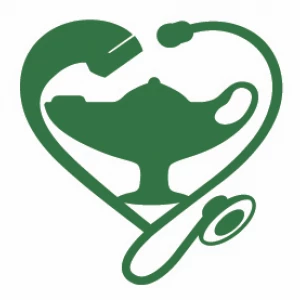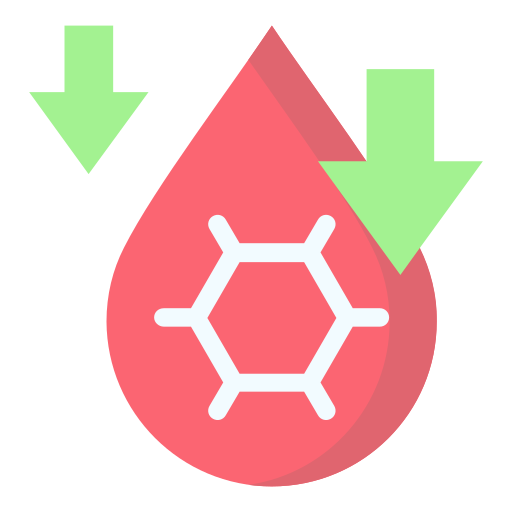- Participants will learn to perform systematic joint assessments, including evaluations of mobility, stability, and range of motion.
- Develop skills in assessing muscle strength through standardized techniques and recognize variations that may indicate muscular abnormalities.
- Gain proficiency in analyzing functional movements to assess the coordination and integration of joints and muscles during various activities
- Develop the ability to recognize signs and symptoms indicative of musculoskeletal conditions, facilitating early detection and appropriate referral or intervention.
- Utilize immediate feedback within the simulation to adjust and refine assessment techniques in real-time, fostering iterative learning and improvement.
- Enhance adaptability by engaging with diverse virtual patient populations, allowing participants to tailor musculoskeletal assessments to different age groups, conditions, and clinical settings.
- Explore ethical considerations related to musculoskeletal assessments, emphasizing patient autonomy, informed consent, and privacy.
imaginX is used by many amazing schools and universities
University / College

























